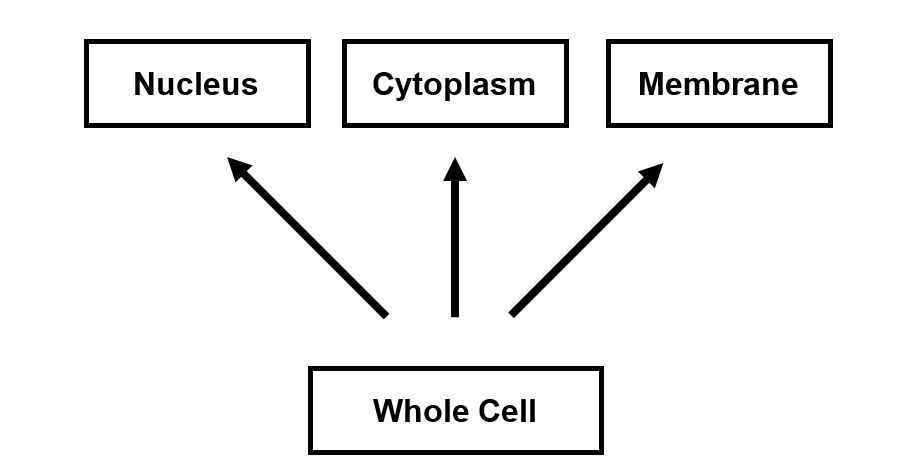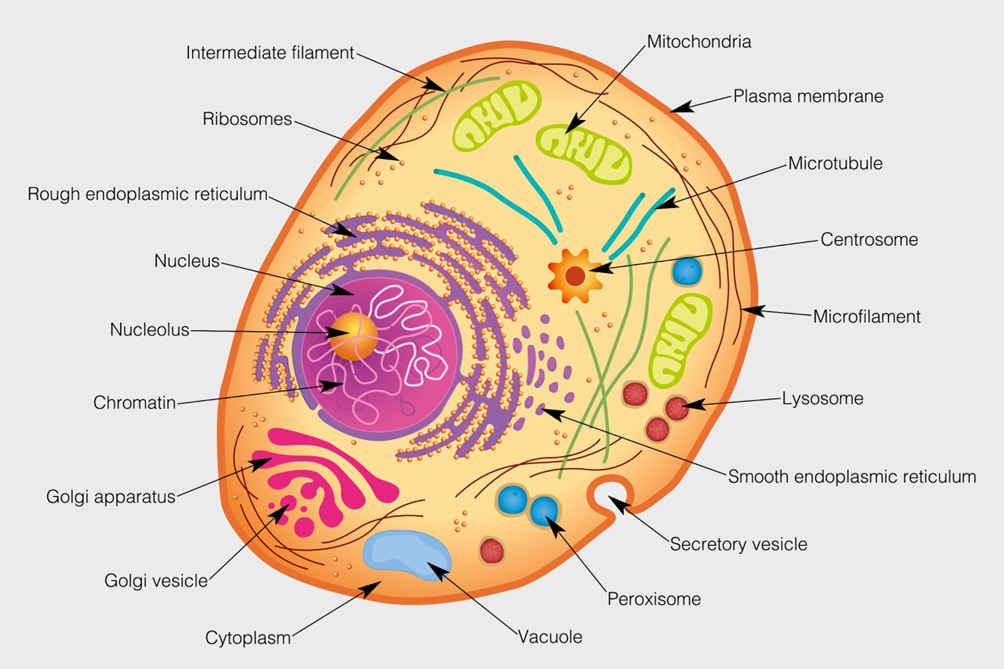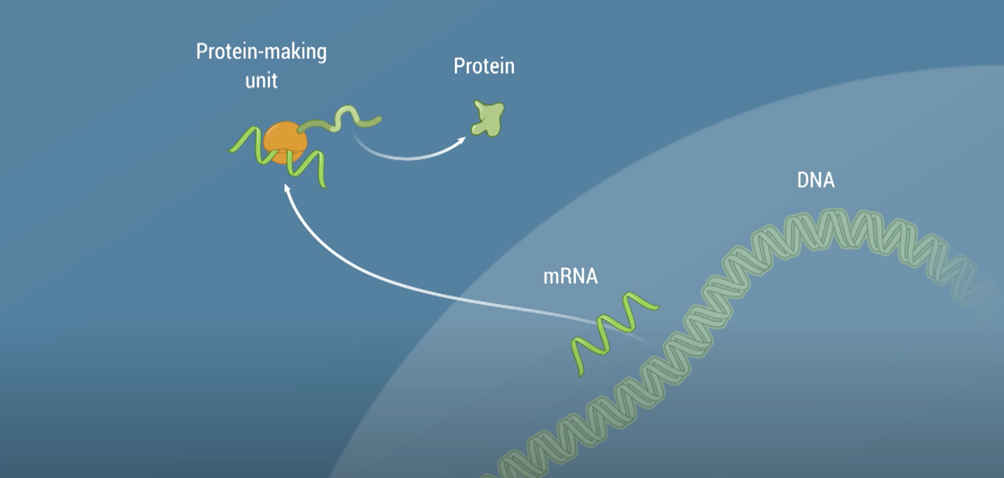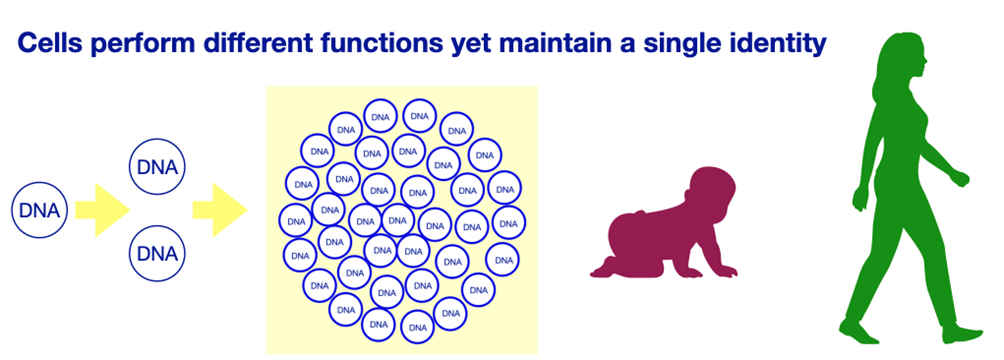A paradigm is a framework of ideas, concepts, models, research methods and assumptions that constitute the basis of a scientific theory or outlook.
It can be described as a way of looking at the world. Sometimes paradigms can be completely misleading. The idea that the sun goes around the earth was widely held until Copernicus. Newton’s mechanistic universe was overturned by quantum mechanics.
Since the discovery of the structure of DNA 70 years ago, Genetic Essentialism has become the popular paradigm of biotechnology. This imagines that the defining characteristics of biological organisms are determined by their genes which can be safely edited to effect giant improvements.
Recently S. Matthew Liao a professor of philosophy and bioethics at New York University suggested that “biomedical modifications of humans” could be used to “mitigate and/or adapt to climate change“. The modifications he discussed included:
- Giving people drugs to make them have an adverse reaction to eating meat.
- Making humans smaller via gene imprinting and “preimplantation genetic diagnosis”.
- Lowering birth-rates through “cognitive enhancement”.
- Genetically engineering eyesight to work better in the dark to help reduce the need for lighting.
- “Pharmacological enhancement of altruism and empathy” to engender a better “correlation” with environmental problems.
None of these suggestions correspond to actual procedures currently available, in truth they are never likely to be possible in the future, but plenty of people believe that such biotech tricks are possible. Subtly, Prof. Liao is encouraging a programme to experiment on humans whatever the risks.
Tal Zak, Chief Medical Officer of Moderna summed up the biotech agenda at a TED talk in 2017:
“We think of DNA like an operating system….we are hacking the software of life, the genetic code, and that has profound implications for the cure of everything from flu to cancer….We think of biotechnology as information therapy.”
In fact the biotech public relations machine has misinformed us by:
- Overstating what is known and what can be accomplished
- Hiding serious risks and known adverse effects
- Crucially, failing to mention what is unknown.
The Big Picture
Our individual makeup is determined by many factors working together with genes. These extend to our wider environment. DNA does not act alone.

Life begins with a single cell which has a three in one structure:

Our DNA is in the nucleus, but the whole cell is an integrated structure.
The cytoplasm contains more than 40 million proteins. Each chromosome is made up of over 10 billion atoms. Biotechnology PR has oversimplified how the cell works. Here is the diagram Tal Zak used in his TED talk to promote mRNA vaccination. It gives a false impression of simplicity. The light blue area represents the cytoplasm whose actual mechanisms and processes (as graphically represented in the cell diagram above) are incompletely understood, leaving great scope for unexpected outcomes.

There are millions of actions inside the cell continuously taking place which are necessary to maintain life. These include for example 70,000 repairs to our DNA everyday in every cell. The insertion of mRNA instructions into the cell can override these essential processes and endanger the stability of the cell and our genomic functions. It can suppress DNA repair processes opening the door to cancer.
Cells have an amazing property that is completely ignored
Our life starts with a single whole cell which quickly divides and hence multiplies and diversifies. Eventually there are approximately 37 trillion cells in an adult human, but only one single identity or person. As cells multiply they mysteriously network together to maintain just one personal identity. No one knows how they do that. The whole is more than the sum of the parts.
In fact our physiology works very hard indeed to protect our unique identity. Even though different cells have different functions in our body forming organs and systems, each cell contains identical DNA. If you receive a transplant organ, the cells in the transplant will have different DNA and the body will try to reject them. Transplant recipients have to take immunosuppressant drugs for the rest of their life to prevent this happening.
In a further confirmation of the role of cells in maintaining identity, it is known that cells host memories. Transplant recipients, especially heart recipients, can acquire the memories and behaviours of their donors. A refined vegetarian concert pianist may suddenly become interested in eating hamburgers and rushing about on motorcycles, if these interests coincide with those of their heart donor.

The implication is clear: genetic modification could interfere with our identity—our sense of self.
Consciousness is excluded from the biotechnology paradigm. Why?
The defining characteristic of biological entities is their awareness. Living organisms are awake, they register perceptions, make decisions and respond intelligently to their environment. We have no idea how our awareness is supported by genes. How is it even possible to formulate biological laws without understanding consciousness?
In fact, it is known that gene defects are associated with cognitive disability. This relationship is little understood. A 2001 paper found:
“The molecular pathology of cognitive disability is turning out to be as mixed up as the condition itself, with unexpected complexities even in apparently simple gene-deletion syndromes.”
The virtual omission of consciousness from the biotech paradigm is all the more puzzling because genetic structures are embedded in the laws of physics which cannot be consistently formulated without reference to the consciousness of the observer.
As I explain in my book Your DNA Diet and expand upon in my more recent article Evolution, Genetics, Physics, and Consciousness, the observer enters into physics in six areas: special relativity, measurement theory, quantum entanglement, quantum cosmology, super symmetry and the second law of thermodynamics.
The higher abilities of human consciousness are supported by our genetics working at the junction point between consciousness and matter governed by the laws of physics. How strange is it that scientists think that the consideration of consciousness can be sidelined in discussing the effects and risks of genetic modification?
Genes are far more precise than we have been led to believe
Theories that genetic structures evolved through random events have given rise to the idea that genes may be edited safely. Recent findings are overturning this interpretation. Writing in American Scientist in 2017, Zachary Blount reported that by studying thousands of generations of bacteria and by looking closely at related species of lizards on separate islands, he was able to demonstrate that evolution is both repeatable and contingent on circumstances. In other words, in addition to environmental factors there are precise design elements in our genes that emerge from the underlying laws of nature.
In fact, genetic structures are overwhelmingly precise. It is well known that replacing even a small gene sequence can give rise to inherited defects or even in some cases overturn genetic function as a whole. It is a principle of biotechnology that off-target and on-target mutagenic events are an inevitable consequence of genetic modification.
An article in Gene Therapy in 2003 “Adverse effects of gene therapy: Gene therapy can cause leukaemia: no shock mild horror but a probe” reported:
“There is a risk of treatment-induced malignancy from retrovirally based gene therapies.…its spectre has always loomed over the field.”
More recently an article in Frontiers in Oncology in April 2019, just before the pandemic, entitled Gene Therapy Leaves a Vicious Cycle summarised:
“…gene therapy has been caught in a vicious cycle for nearly two decades owing to immune response, insertional mutagenesis, viral tropism, off-target activity, unwanted clinical outcomes (ranging from illness to death of participants in clinical trials), and patchy regulations.”
The article reported that there was renewed hope that more precise gene editing techniques might fix the problems. However the level of adverse effects measured during the pandemic now suggests otherwise. A study we have previously reported highlights the difficulties.
Genes are not like lego bricks. The building block interpretation of genes that suggests genes can be safely edited to improve genetic function is unsupported by our current knowledge of how DNA works. In fact DNA is non-linear. Each gene performs many tasks in conjunction with other genes. They don’t operate alone. Change one function and you cause unintended changes to others as well.
Natural law is non-local
Natural laws operate everywhere in every place and time simultaneously. The level of intelligence and organisation involved is Cosmic and beyond human comprehension. From this we can understand that our physiology works as a whole. Trillions of physiological events take place every second in our bodies and they are automatically coordinated by omnipresence of natural law.

Our physiology is flowing wakefulness—an ocean of natural intelligence
Man-made ideas and processes are completely different from those purely designed and controlled by nature. They are linear and offer a sequence of instructions—one thing at a time. Penetrate the cell wall as mRNA vaccines do and we disrupt the operation of natural immunity. Man’s designs cannot replace nature’s without causing massive problems.
Genes function as part of wider cellular, physiological and environmental systems. These epigenetic systems are fundamental to genetic command and control. Alterations to regulatory mechanisms in cells such as those enforced by mRNA vaccination can permanently disrupt key ways genes express themselves and coordinate with the laws of nature.
Genes do not act alone, our environment of ancestors, family, climate, food sources, etc contribute to genetic expression. A 2015 article in Human Genomics entitled “Epigenetic inheritance and the missing heritability” reported:
Genome-wide studies of complex physiological traits and diseases have found that genetic factors, such as DNA mutations, only explained a minority of the expected heritable fraction. This discrepancy is known as “missing heritability”, and its underlying factors and molecular mechanisms are not established. Epigenetic programs may account for a significant fraction of the “missing heritability.”
We are not alone
We function as part of a biofield. The factors affecting our health range from the abstract field of consciousness through the physical fields and matter particles, molecular aggregation of elements, the complex DNA molecule, biochemical messengers, proteins, metabolic macromolecules, cellular components, cells, organs, organ systems, the physiology as a whole, microorganisms, our food, the air we breathe, the near environment including the epigenetic environment, our home, our family, our society, our world, and even the distant reaches of the universe.
Biological organisms do not behave as purely mechanical systems which are governed by the second law of thermodynamics—the law of universal decay or entropy. The order of biological systems increases rather than decays. In effect, biofields are consuming order from their environment. They do so via their food intake. We are consuming order, or in more common parlance intelligence. We are swimming against the tide and we are able to do so because of the natural systems which govern our life.
Genetic modification based on limited human thinking will inevitably create structures which decay rather than evolve
The ancient Indian system of health Ayurveda locates the fundamental cause of ill health as a loss of connection with the universal. Genetic modification fits the bill entirely, it presents a clear road ahead to ill health.
The paradigm of genetic essentialism has allowed pharmaceutical and biotechnology corporate giants to persuade the public that their procedures are safe and effective and their dreams are real. They are not. Published literature reveals that the industry is fraught with risk. The risks are not small, life itself is being put at risk. Genetic modification is permanent, it cannot be recalled. We stand on the threshold of a new biotech era, but it is not one of progress, it could possibly be our last if we fail to outlaw biotechnology experimentation.
Guy Hatchard PhD was formerly a senior manager at Genetic ID a global food testing and safety company (now known as FoodChain ID). You can subscribe to his websites HatchardReport.com and GLOBE.GLOBAL for regular updates by email.
He is the author of ‘Your DNA Diet: Leveraging the Power of Consciousness To Heal Ourselves and Our World. An Ayurvedic Blueprint For Health and Wellness’.
Surely anyone who can deny life via creation is just being wilfully ignorant. No scientist has yet shown how the first cell came into existence, yet as is obvious in the Dawkins Lennox debates if you wilfully deny the existence of God then you are forced to have to believe in an alternative regardless of the integrity of the argument
Brilliant comment this. I would upvote a thousand times if I could.
Magnificent article, very educational. Never realized the complexity of human cells. Viral infection can change DNA. Humanity should’ve never experienced this spike protein bat virus, praying future generations aren’t affected negatively.
Knocked it out of the park, Guy.
Awesome article!